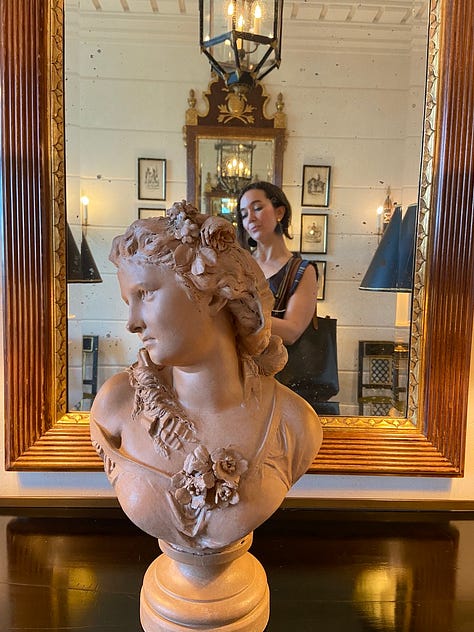

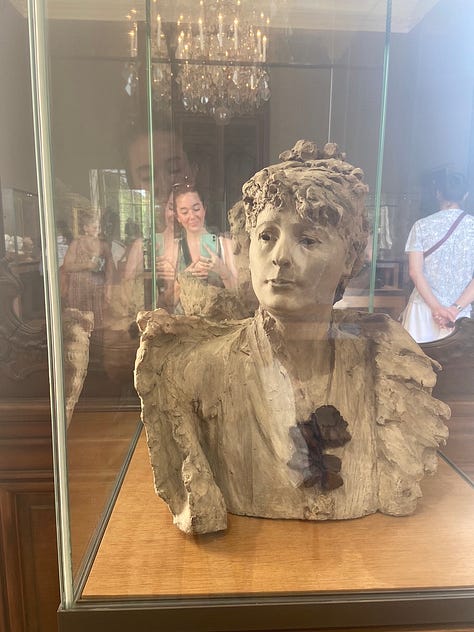
“I was thinking about existence. And what it added up to. Had I done okay? Who was doing the judging? Had there been enough happy years, had there been enough love and loving? Were my own books, the ones I had written, good enough? What was the point of anything? Had I reached out enough to others? Was I really happy to live alone? Why was I so preoccupied with the phantasy of various unattainable houses and why was I still searching for a missing female character? If I could not find her in real life, why not invent her on the page?”
— Deborah Levy, Real Estate
Pt. 1 — to be specific, sorta
“Specificity matters: not any girl but me, who I was then, my specificity: young and full of shame and self-loathing, which I couldn’t name or identify—I did not have the language.” So writes Suzanne Scanlon in her memoir Committed, which I recently stayed up too late to finish. She continues: “And my personality then, already closed already shut off defending itself—sure that she will never be known, knowing already the limits of her life.”
This passage, which I photographed along with dozens of others as I was reading the book, is really sticking with me these days. Or, to paraphrase something my neighbor John once told me about an essay, or maybe a short story, he had read in The Sun: “It got me real good.”
I used to subscribe to The Sun, but some years ago, I let my subscription go — a terrible admission from a person who is always shouting about her love of magazines, I know. But the thing is, “upstairs John” as I call him or maybe he calls himself, started leaving his copy for me outside my door each month after he finishes reading it, some time after he had learned I was a former subscriber. (We both also subscribe to The New Yorker, naturally.) This has been going on for years now, and each month I still find myself pleasantly surprised on the day I open my door and find the latest issue right outside.
Occasionally, when I run into John in the stairwell, we’ll talk about the latest issue. I often catch him when he’s on his way out for a bike ride or carrying his duffel on his way to the swimming pool; I’m on my way in or out from doing god knows what. John lives on the 3rd floor of the building and has a big, kind laugh. He turned 80 this past December. I signed the card I left outside his door: “your friend and neighbor, downstairs Ali.” As I headed back down to my first floor apartment that day, I marveled at what great shape John must be in, what with all that biking and swimming and going up and down those stairs. I vowed to myself to live on a higher floor in years to come.
So you see, I simply can’t bear to renew my subscription, not now. Not yet.
One of my first experiences reading The Sun was discovering Cheryl Strayed’s devastating essay, “The Love of My Life,” back when I can see now, like Scanlon describes, “I was young and full of shame and self-loathing,” a thing I most certainly couldn’t name or identify or even try to describe, not then, not yet. When I call it devastating, I mean it — here’s the opening:
“The first time I cheated on my husband, my mother had been dead exactly one week.”
You might be wondering what any of this has to do with it being the eve of my 41st birthday, or maybe this time around, it’s all blatantly obvious: It has nothing and everything to do with it, and that’s the point.
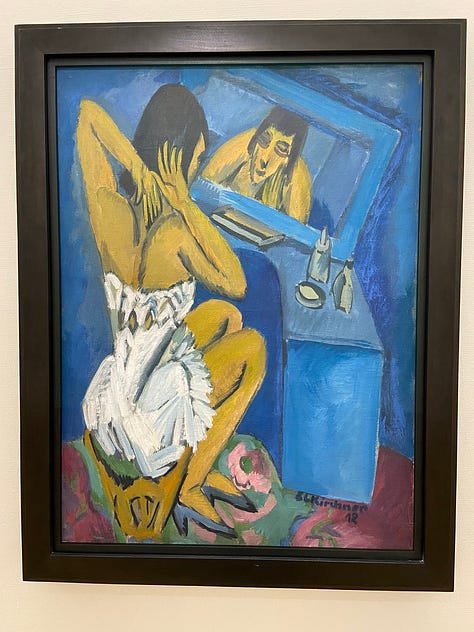
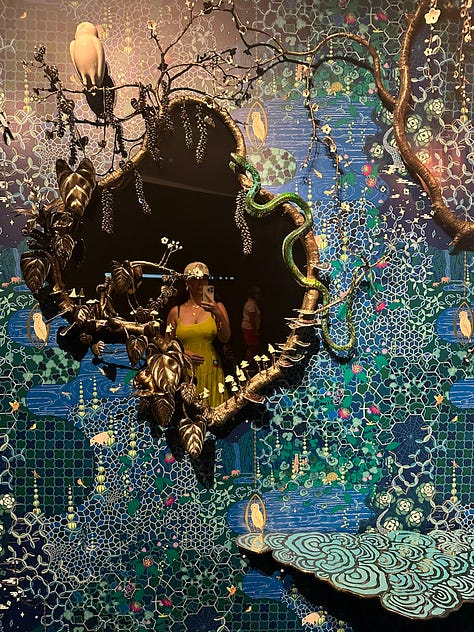
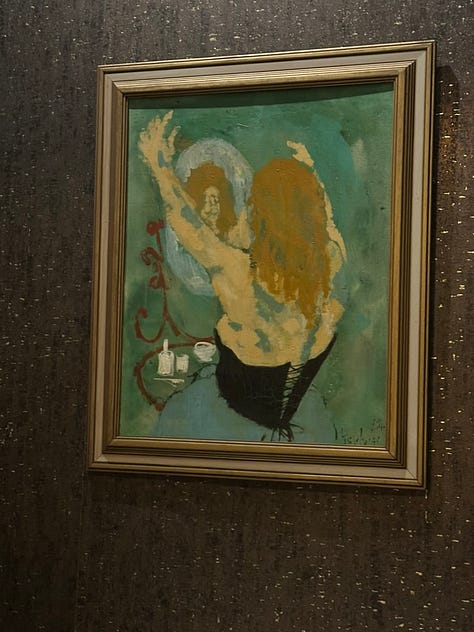
“I don’t know
when I got so punk rock
but when I catch
myself in the mirror I
feel stronger.”— Morgan Parker, “Another Another Autumn in New York”
Pt. 2 — a reminder, a motto, a mantra
“There is nobody that can make you happy, you must take care of this matter for yourself.” Leonora Carrington wrote that in The Hearing Trumpet, which Deborah Levy quotes in her book Real Estate in one of my favorite sections, as she’s visiting Celia, “her old shed landlady.”
Celia, who’d “had a stroke in her eighties and was now unable to walk” would apparently read aloud from The Hearing Trumpet to Levy on occasion. When her carers suggested that perhaps her two cats and dog sleeping in bed with her might inhibit her breathing, her response?
“‘Don’t be fucking ridiculous,’ Celia shouted, ‘Jan, Moony and Myvy are the reason I don’t kill myself.’”
As Levy put it: “Celia was one of the few women I knew who was very like herself …If old women are supposed to not want to cause any trouble, Celia had decided to cause as much trouble as possible.”
I aspire to this: to be very like myself, and also at least a little bit like Celia.
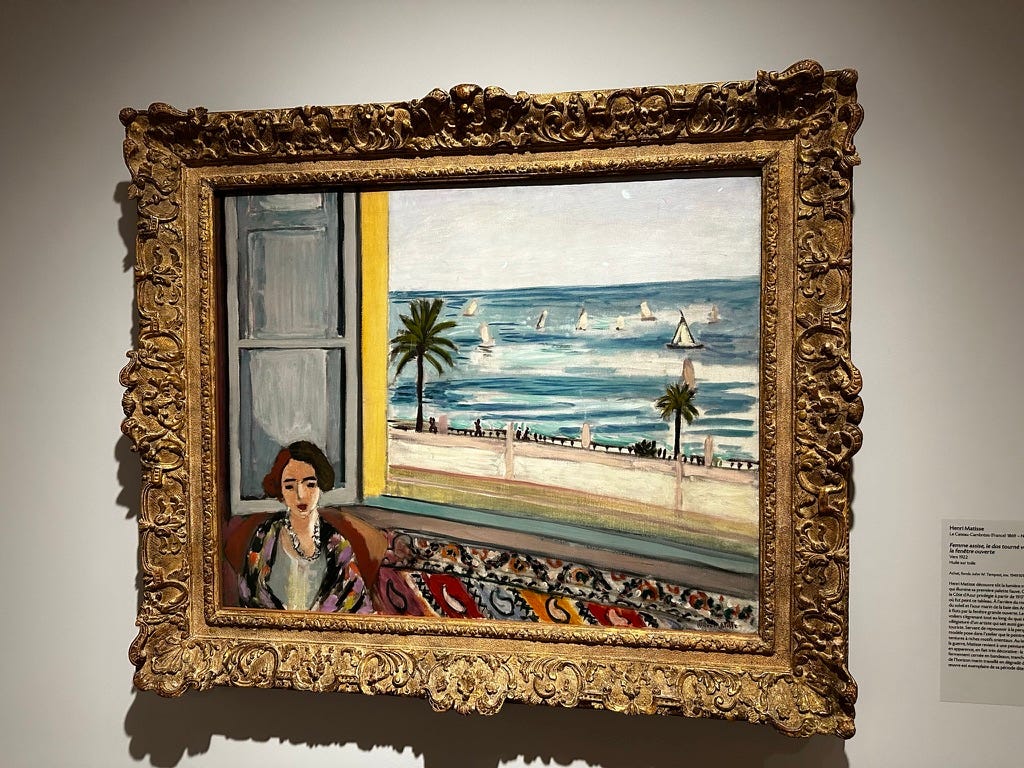
Pt. 3 —
“what we will become
waits in us like an ache.”— Lucille Clifton, “birth-day”
I was telling Lauren recently, on an Uber ride home, faux-buzzed off the faux-cocktails I’d drunk, that I love a birthday like this one — 41 — because no one really gives a shit. I say that in the best way: It’s not like turning 40, where people were asking my plans for months leading up to the event. I like being able to quietly do what I want, and leave it alone. That’s not to say I didn’t enjoy having a milestone to celebrate — I did, and I look forward to it in the future! But this year, 41, feels different. As Zora Neale Hurston opened the third chapter of Their Eyes Were Watching God: “There are years that ask questions and years that answer.”
And at last, at last, I feel like I have the start of some answers. Or like Lucille put it: “today we are possible.”
Happy birthday, me.

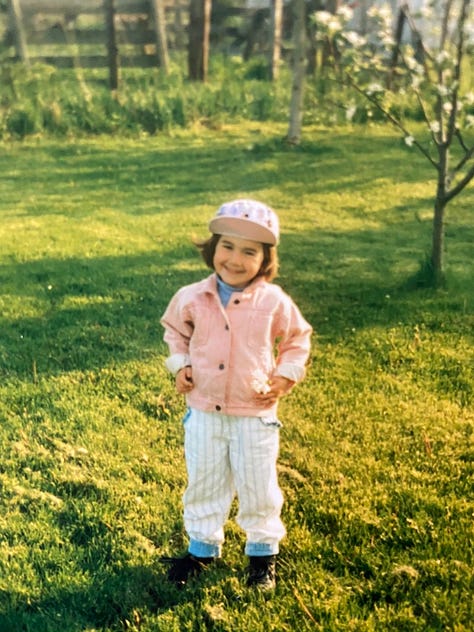
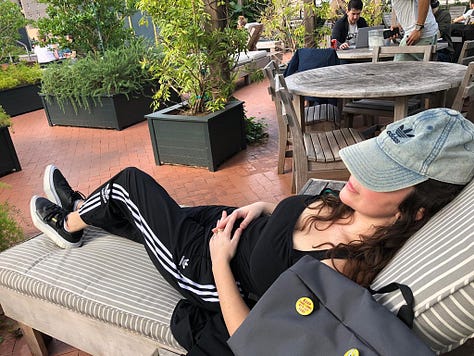
related:







This one really got me.